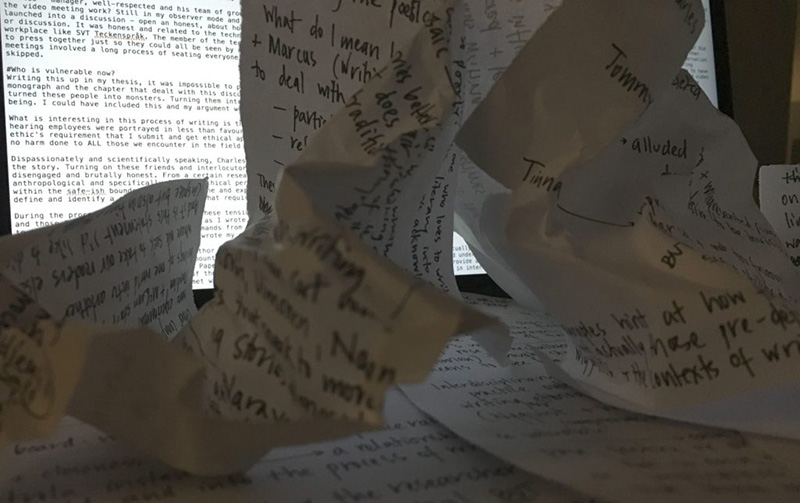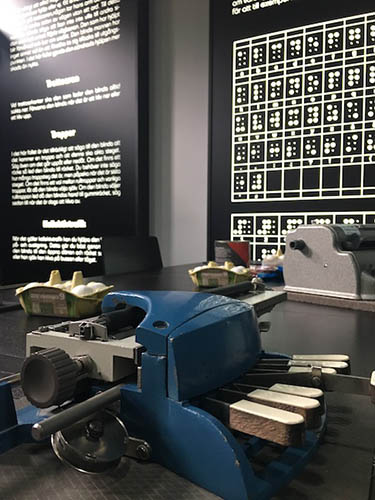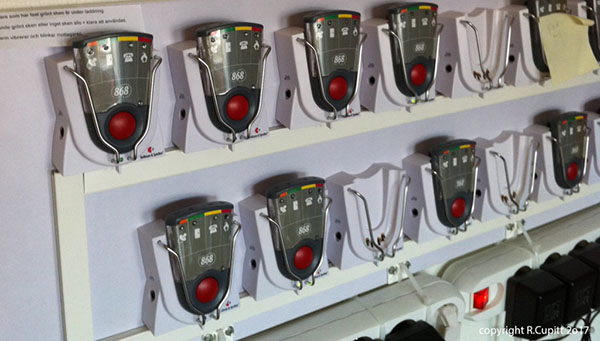What is an experience and how can it be conveyed and communicated to others? “A focus on “The Experience” signals a technology has been designed with a consideration for the user’s experiences. It is supposed to indicate a technology’s role and contribution to everyday life, and the likelihood of its success once implemented. Given its popularity in design contexts, the term “experience” seems unusually rare in anthropology, with a few notable exceptions (e.g., Bruner, 1986; Turner, 1986; Hastrup, 1995, for example). This is so despite the fact that we, as anthropologists, can definitely be said to “experience” a way of living other than the one we are used to when we carry out fieldwork. This experience begins with our first encounter with another culture and its people, and continues into the writing stage, with our concerted attempts to communicate the complicated cultural aspects of the places and peoples we study (read more...)



